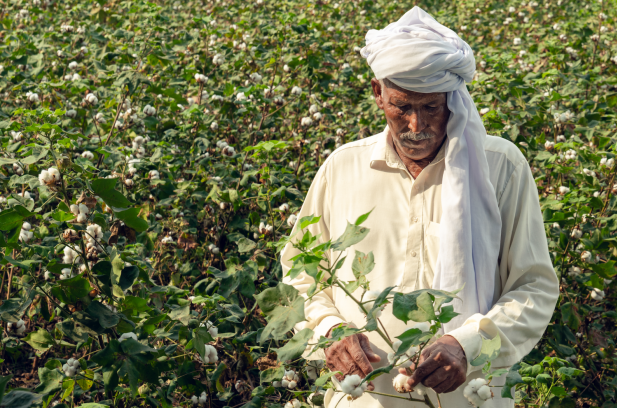
FatFace launches new sustainable swimwear range
Interloop company’s project supports regenerative cotton farming practices.

16th July 2025
Knitting Industry
|
Faisalabad, Pakistan
Interloop Limited’s Regen Kapas project has achieved Regenagri certification from Control Union, marking a major milestone in the company’s sustainable cotton sourcing strategy.
Launched just a year ago, Regen Kapas now spans 25 villages across southern Punjab, engaging 1,000 farmers and covering more than 6,000 acres. In collaboration with grassroots partner Reeds Pakistan, the initiative helps farmers adopt regenerative agricultural methods that restore soil health, boost biodiversity, and reduce greenhouse gas emissions.
For many farmers in Pakistan, these practices are a return to traditional farming wisdom, adapted to modern challenges. By restoring soil fertility and cutting input costs, regenerative techniques are improving resilience and increasing net farm incomes in local communities.
This season, Regen Kapas produced over 1,600 tonnes of cotton lint with complete supply chain traceability through Interloop’s proprietary Looptrace technology. Customers can now track the cotton’s journey from farm to finished product, reinforcing transparency and trust.
“Regenerative farming isn’t new to Pakistan, it’s how we’ve farmed for generations,” said Navid Fazil, CEO of Interloop Limited. “We’re simply scaling that wisdom to give farmers the tools and market access they need while restoring soil health that decades of chemical farming have compromised.”
The certification moves Interloop closer to its goal of sourcing 70% sustainable materials and transitioning to 100% sustainable cotton across its supply chain.
Interloop Limited, a major supplier of hosiery, denim, knitted apparel, and seamless activewear, is known globally for its environmental and social responsibility. The company is also a United Nations Global Compact member and operates multiple LEED-certified facilities.

Business intelligence for the fibre, textiles and apparel industries: technologies, innovations, markets, investments, trade policy, sourcing, strategy...
Find out more